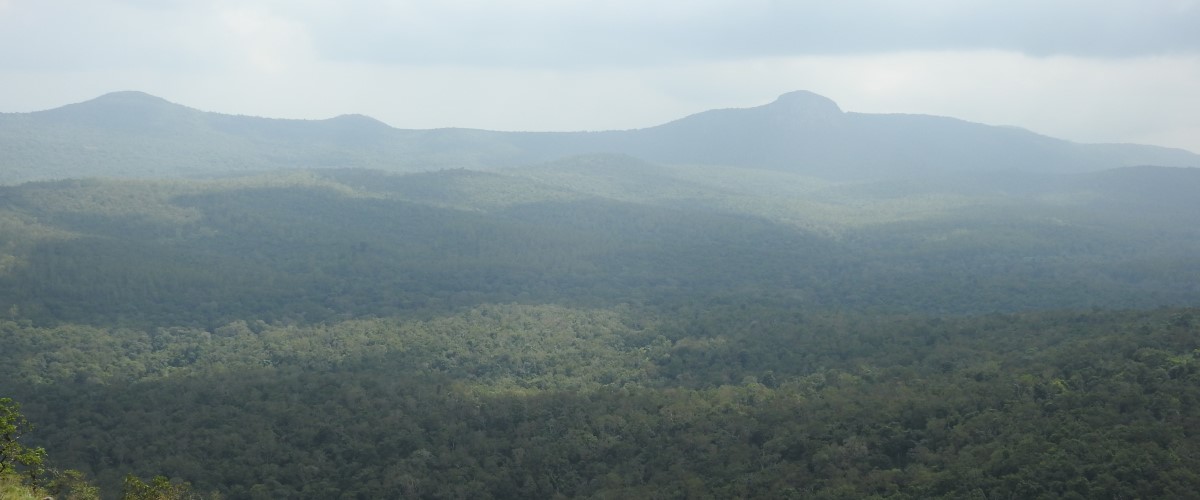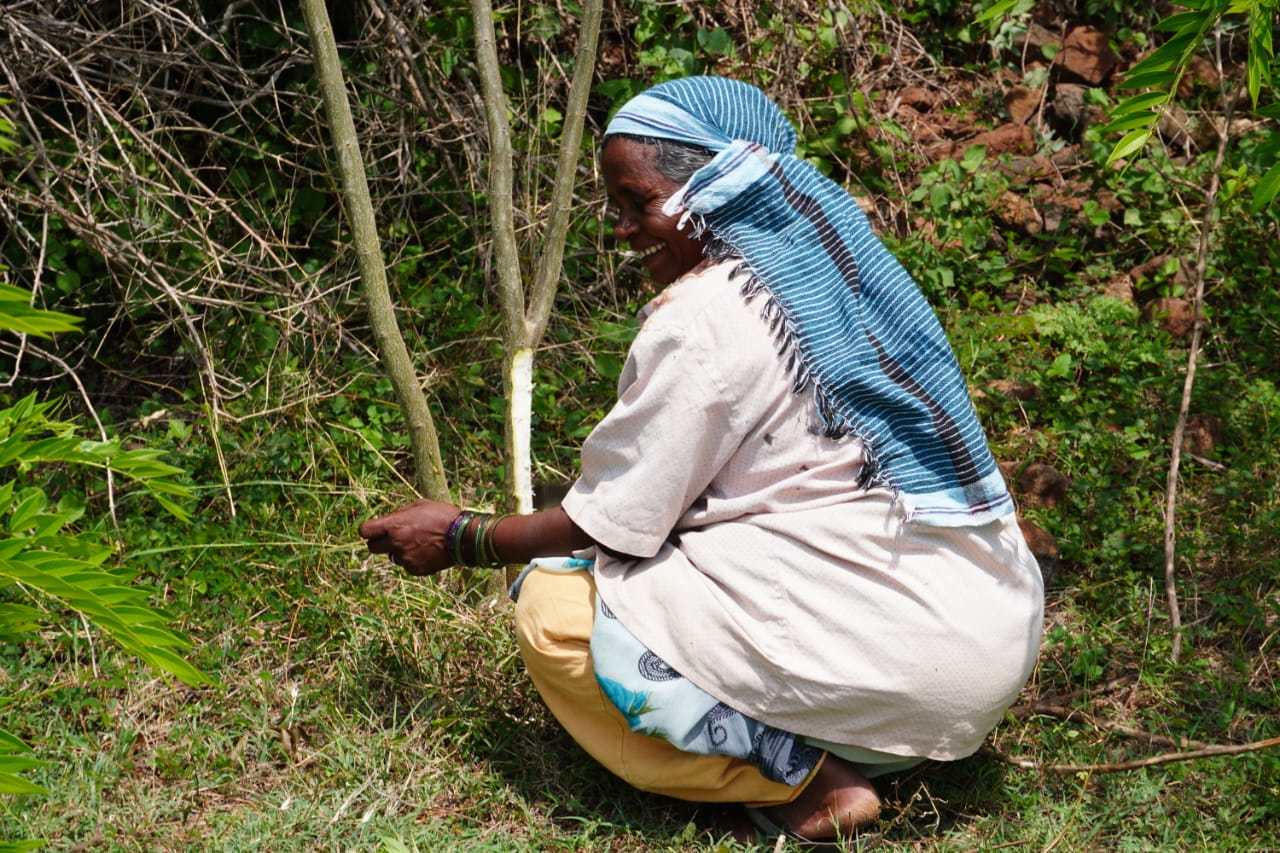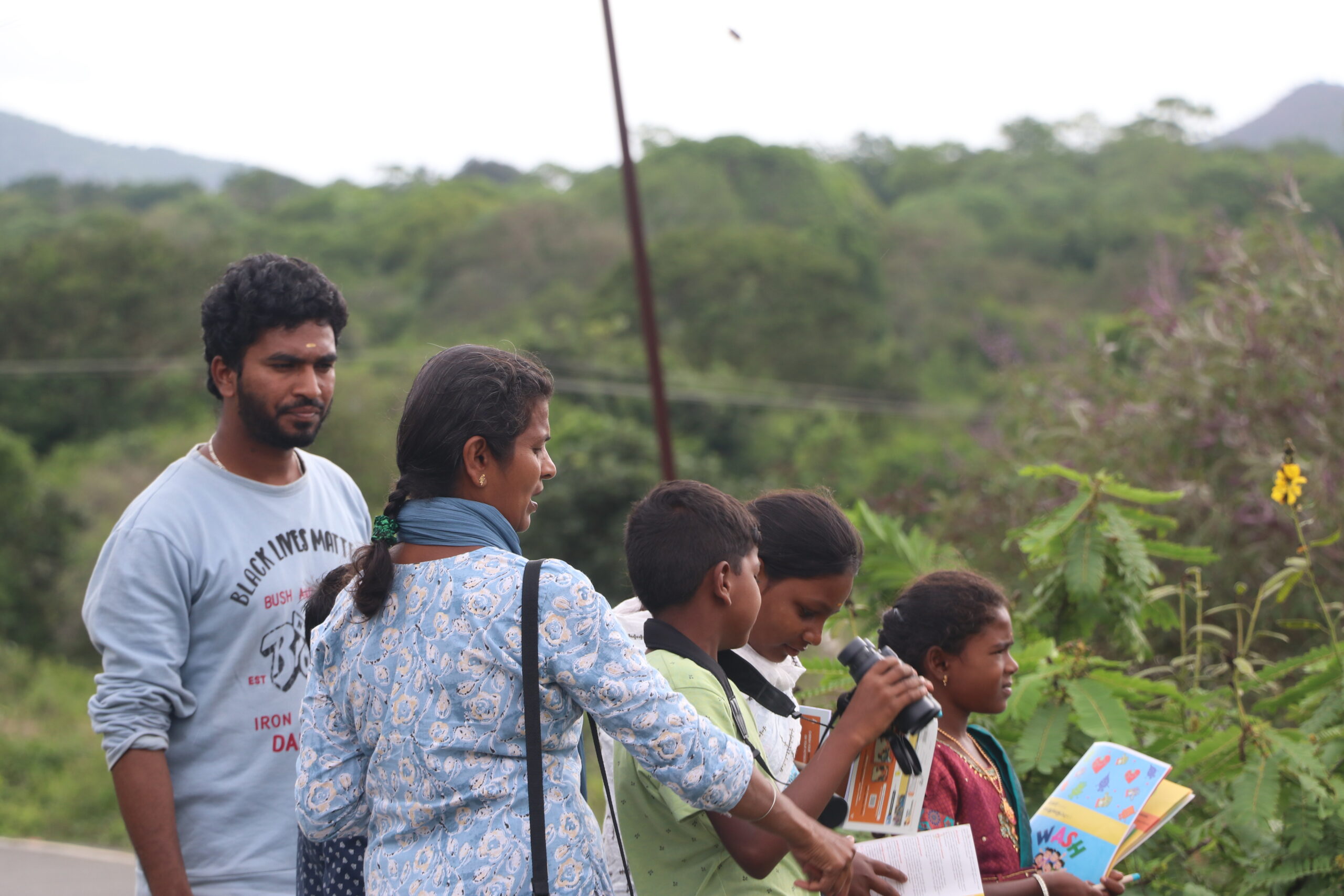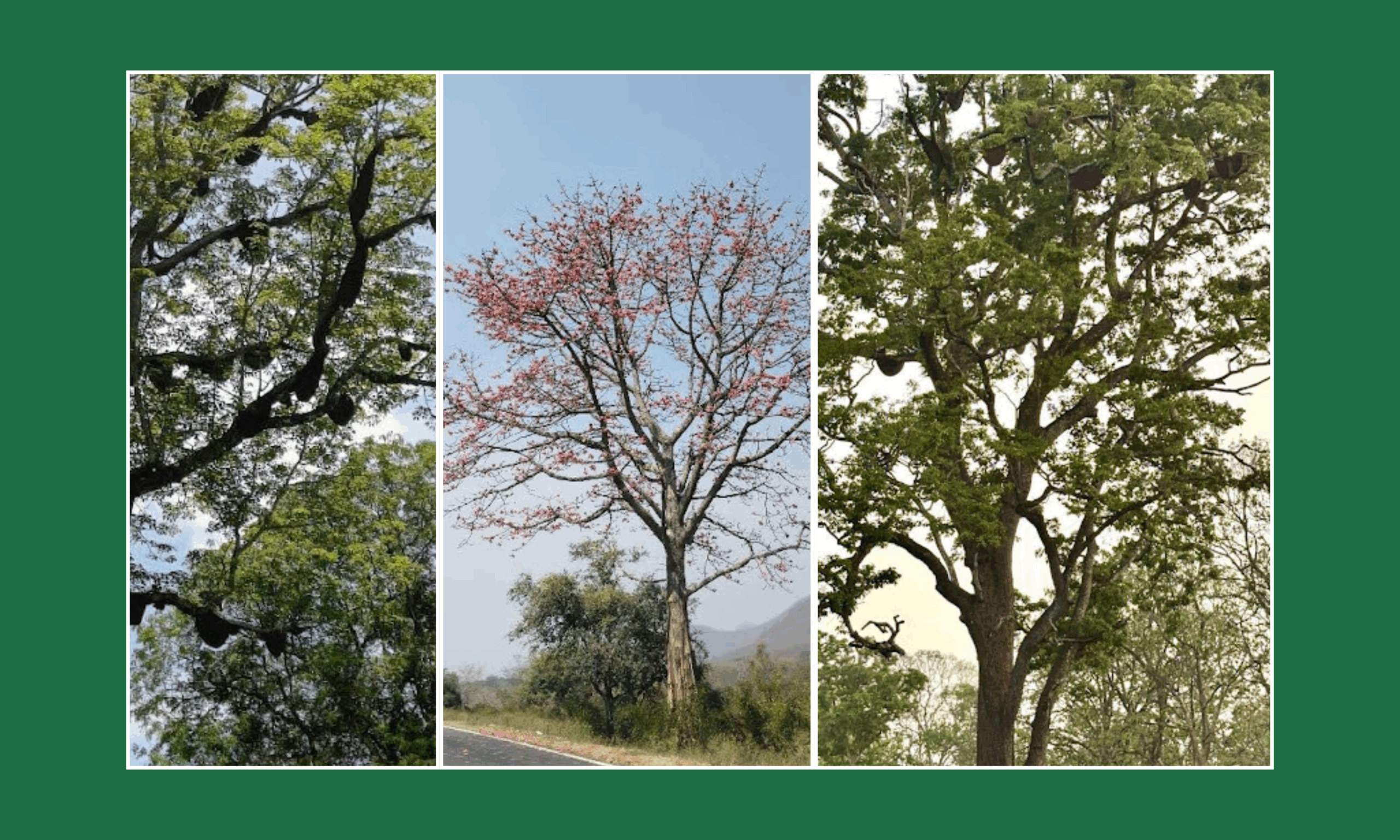August 14, 2023
By Vandana Kannan
Technical Coordinator (Biodiversity)
Keystone Foundation is proud to announce that we have been selected as one of five recipients of the Centre for Wildlife Studies 2023 Wild Incubator Grant! The “Wild Incubator Program” invites organisations to submit proposals for innovative conservation projects, with particular interested in projects that focus on human-wildlife interactions, combat wildlife trade and illegal hunting, promote biodiversity conservation, the concept of One Health, and restoration and rewilding. The grant is motivated by the belief that conservation solutions that engage with local stakeholders, use strong science, and have compelling storytelling have the greatest potential to create positive change.
Keystone will use this grant to study the grey slender loris and Indian pangolin, two shy, elusive, nocturnal mammals that we know very little about. While the pangolin is the most trafficked mammal in the world due to poaching and illegal trade, the loris is threatened by habitat fragmentation, electrocution, pet trade, and killing due to superstitious beliefs. Both species are considered threatened under the IUCN Red List, Loris lydekkerianus as Near Threatened and Manis crassicaudata as Endangered.
Despite severe poaching, habitat degradation, and high demand of pangolins in illegal wildlife trade, no baseline studies have been made on either species in the study area. We have anecdotal evidence from local communities and the forest department on the presence of loris and pangolin populations in different parts of the tiger reserve. Furthermore, there are local records of pangolin poaching, loris hunting and capture, and loris electrocution in the past. This project should give us baseline ecological data that is vital for the start of any conservation project.
Because of these issues, further research into the status of the endangered Gray Slender Loris and Indian Pangolin species in Sathyamangalam Tiger Reserve is imperative for their conservation. Based on the threat assessment, we can decide what conservation management would be required for the species, if any. We hope that our community awareness and education programs result in locally bringing positive attitudes towards the species.
Keystone Foundation is grateful to the Centre for Wildlife Studies for this funding.


















